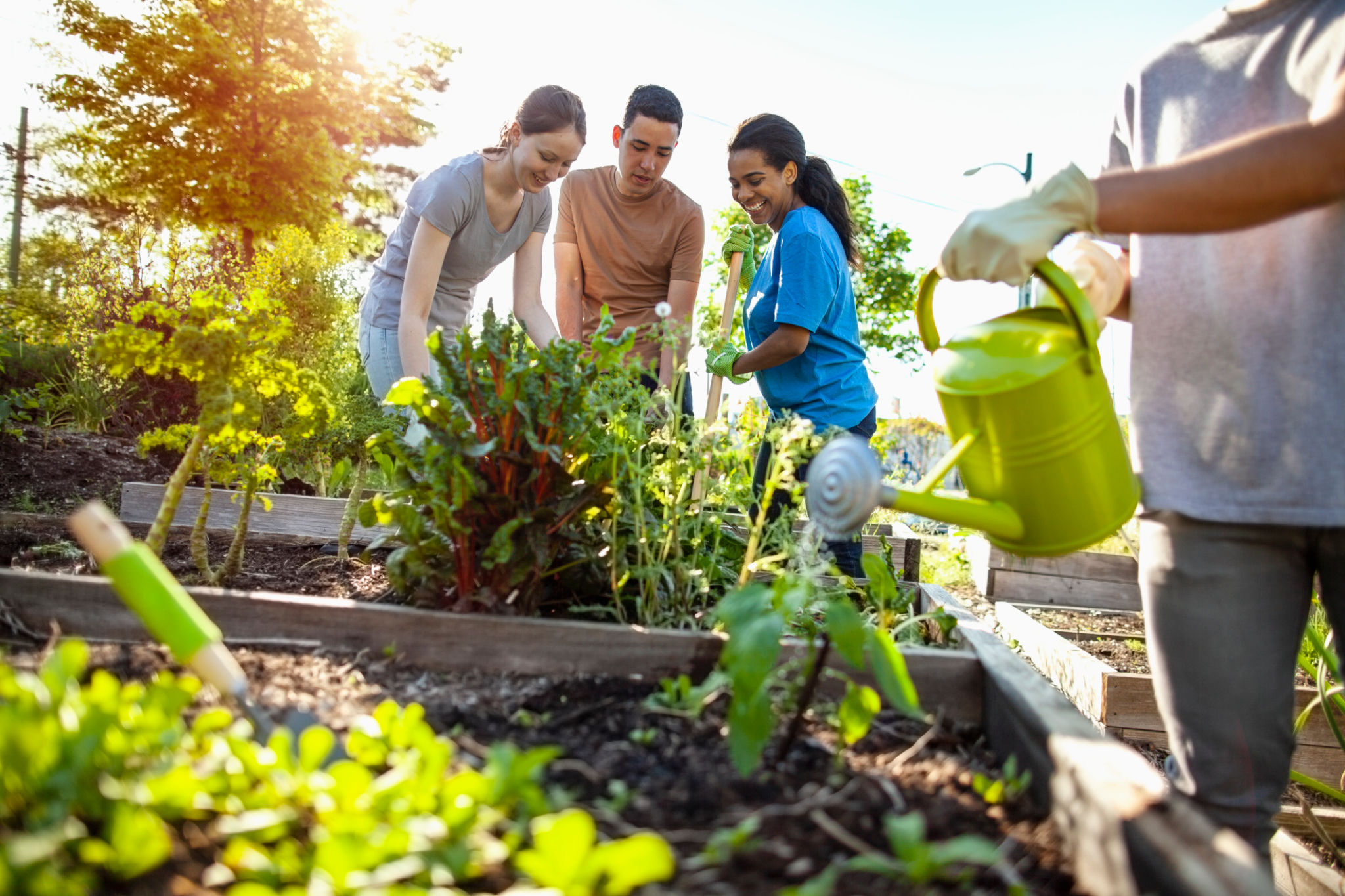Seasonal Gardening Projects for High School Students in Georgia
Introduction to Seasonal Gardening
Gardening is a rewarding activity that can teach high school students in Georgia valuable skills while connecting them to nature. Seasonal gardening allows students to learn about plant cycles, sustainability, and the importance of local ecosystems. By engaging in gardening projects tailored to each season, students can witness the transformation of their environment and contribute positively to their community.

Spring Planting Projects
Spring is a perfect time for high school students to kickstart their gardening projects. As the weather warms up, students can get involved in planting a variety of flowers and vegetables. In Georgia, the mild climate in spring allows for the planting of crops such as tomatoes, peppers, and cucumbers. These fast-growing plants offer quick rewards for budding gardeners.
Creating a Pollinator Garden
One engaging project for students is creating a pollinator garden. By planting native flowers like coneflowers, milkweed, and bee balm, students can attract bees, butterflies, and other pollinators. This not only beautifies the school grounds but also supports local biodiversity.
Summer Gardening Activities
During the summer months, high school students can focus on maintaining their spring plantings and exploring new projects. The extended daylight hours provide ample opportunity for students to learn about irrigation techniques and pest management. Summer is also an excellent time for experiments with different soil amendments or companion planting strategies.

Harvesting and Conservation
As summer progresses, students can enjoy the fruits of their labor by harvesting their crops. This is a great time to teach them about food preservation techniques such as canning or drying herbs. These skills not only extend the life of their produce but also introduce them to sustainable living practices.
Fall Preparation and Planting
Fall is an ideal season for high school students to prepare their gardens for the upcoming winter while also planting cool-season crops. In Georgia, students can plant crops such as kale, spinach, and radishes, which thrive in cooler temperatures.
Composting Projects
Introducing composting projects can be highly educational during this time. Students can learn about the decomposition process and how composting contributes to soil health. By setting up compost bins, they can recycle garden waste and organic materials from their school cafeterias.

Winter Garden Planning
Even though winter might seem like a dormant period for gardens, it is a crucial time for planning. High school students can take this opportunity to reflect on the past seasons and plan for the upcoming year. They can research new plants, design garden layouts, and develop strategies to improve their gardening techniques.
Indoor Gardening Projects
To keep engaged during the colder months, students can explore indoor gardening projects. Growing herbs on windowsills or starting seeds indoors are excellent ways to maintain their green thumbs even in winter. These activities provide a continuous learning experience and prepare them for spring planting.
By participating in seasonal gardening projects, high school students in Georgia gain hands-on experience with nature while developing important life skills. Whether it's planting in spring or planning in winter, each season offers unique opportunities for growth and learning.